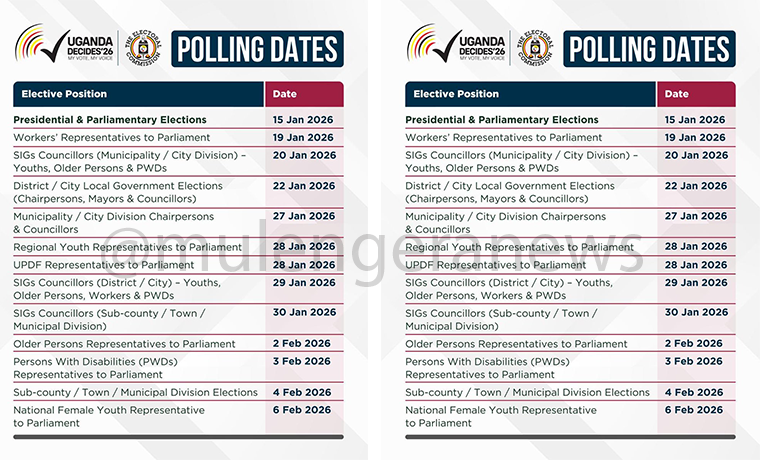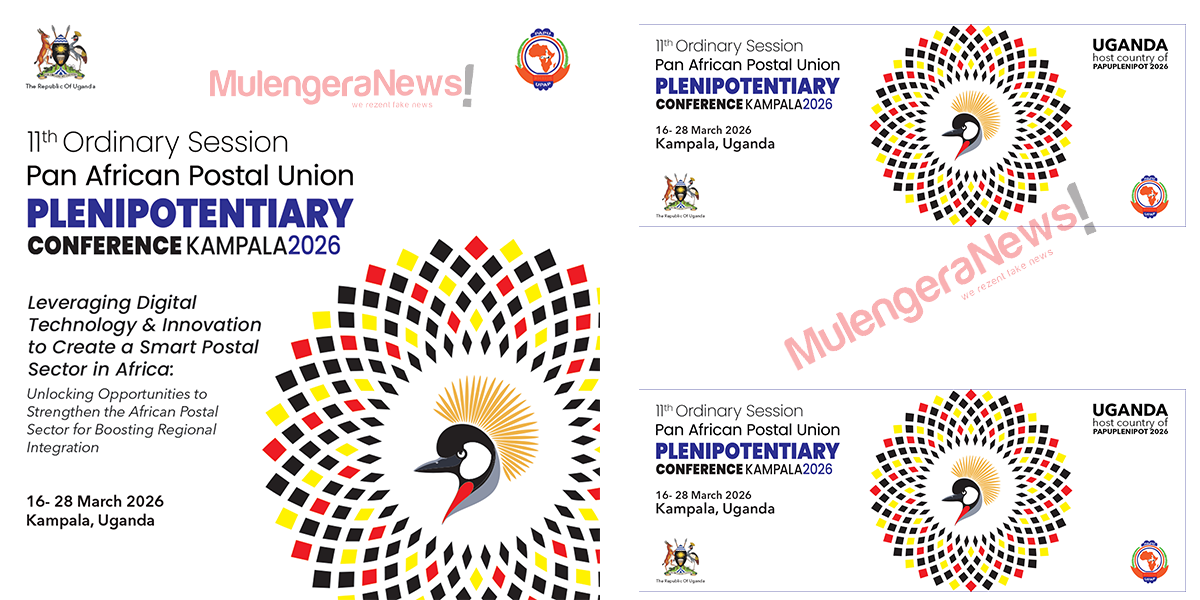 By Mulengera Reporters
By Mulengera Reporters
[Give a woman a fish, and she eats for a day. Teach her how to fish, and she eats for a lifetime]. This timeless wisdom reflects the essence of Uganda’s Generating Growth Opportunities and Productivity for Women Enterprises (GROW) project, which was the focus of a Women Borrowers Engagement meeting at Hotel Africana on Friday, January 7.
The project, backed by the World Bank with a funding of USD 217 million, aims to empower women entrepreneurs by providing affordable financing, business training, and infrastructure.
Hon. Betty Amongi, the Minister for Gender, Labour, and Social Development, presided over the event, bringing together key stakeholders including World Bank representatives, the Private Sector Foundation Uganda (PSFU), commercial banks, and hundreds of women entrepreneurs who have benefited from the GROW loan. “You have proven that women can achieve greatness if given the right support,” she said, while encouraging the women to continue their journey toward financial independence.
The GROW project is already making strides in helping women transition their businesses from micro to small and medium enterprises, fostering economic growth and job creaton across Uganda.
In her address, the minister expressed her pride in the women entrepreneurs who have accessed the GROW loans, congratulating them for their courage in taking steps toward financial empowerment.
She also commended the commercial banks that have partnered with the project for their role in supporting women’s economic growth. “Your commitment to women’s empowerment is truly commendable,” she said.
The GROW project was designed to address the unique challenges faced by women entrepreneurs, such as limited access to affordable capital, lack of business skills, and negative social norms that hinder their participation in the economy.
According to Amongi, the project’s integrated services, which include tailored training, affordable financing, and infrastructure support, are aimed at helping women overcome these barriers and grow their businesses.
While Uganda’s population is more than 50% women and girls, they remain underrepresented in the country’s economic activities. Women have lower labor force participation rates, and their unemployment rates are higher compared to men.
Additionally, even those employed earn less than their male counterparts. “Sustaining livelihoods is more difficult for women than men,” Hon. Amongi said, highlighting the importance of initiatives like GROW to level the playing field and offer women a chance to succeed.
With an initial target of reaching 35,000 micro enterprises and 4,000 small enterprises, the project has already made significant progress.
More than UGX 50 billion has been disbursed across 60 districts, reaching over 2,000 women entrepreneurs in just four months, surpassing its one-year target.
Dr. Ruth Aisha Biyinzika, the GROW Project Coordinator at PSFU, shared the project’s success in surpassing its goals.
She highlighted the efforts to ensure the GROW loan isn’t just a financial lifeline but part of a broader effort to empower women with business development training and apprenticeship programs. “We have plans to offer training programs to help women enhance their businesses, free of charge, and we are finalizing partnerships to launch these programs soon,” she promised.
Stephen Asiimwe, CEO of PSFU, echoed this sentiment, emphasizing the importance of supporting women in business and scaling up their enterprises. “The GROW project is here to help women transition from micro to small, and from small to medium enterprises,” he explained, expressing gratitude for the continued support of the commercial banks and the World Bank.
In addition to loans, the project offers specialized programs for women entrepreneurs, including those in manufacturing and innovative sectors who may not have the capital to start or scale up their businesses
Amongi also addressed concerns about the GROW loan’s requirements, such as collateral, reassuring the audience that these measures are necessary to maintain a revolving fund that ensures the sustainability of the project.
She also mentioned that discussions were ongoing regarding reducing the minimum loan amount, with the goal of reaching even more women entrepreneurs.
Amongi encouraged the women entrepreneurs to repay their loans diligently, ensuring that future participants can benefit from the same opportunities.
She also reminded them of the importance of maintaining a good credit history, which will enable them to access more funding in the future.
“You are role models to many women and girls,” she said. “I have no doubt that you will inspire them to follow your footsteps.” (For comments on this story, get back to us on 0705579994 [WhatsApp line], 0779411734 & 041 4674611 or email us at mulengeranews@gmail.com).
































